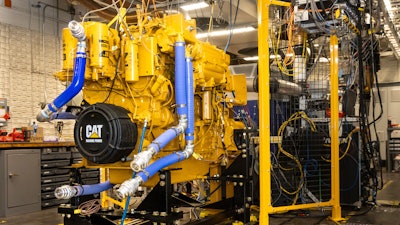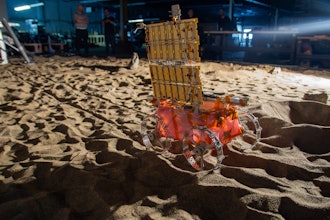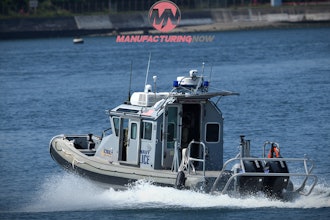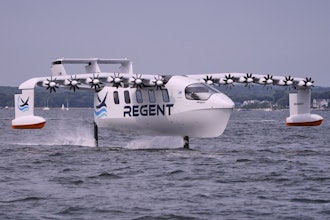
The Department of Energy’s Oak Ridge National Laboratory and Caterpillar Inc. are working together to evaluate using methanol as an alternative fuel source for four-stroke internal combustion marine engines.
Methanol is a suitable fuel alternative to diesel because it reduces carbon emissions and minimizes emissions of nitrogen oxides and sulfur oxides. In addition, methanol’s high energy density makes it easier to store on marine vessels than gaseous fuels.
Most Read on IEN:
- Facility Manager Sentenced to Prison for $20M Kickback Scheme
- McDonald's Burger Empire Set for Unprecedented Growth
- Fishy Double Agents Net Hundreds of Invasive Carp
- Nearly 200-Year-Old Gun Factory Shutting Down
However, methanol is more difficult to ignite than diesel. Under the terms of the agreement, ORNL researchers will work with Caterpillar over the next few years to identify, develop and test hardware configurations and operating strategies required to maximize use of methanol in engines retrofitted for methanol.
Research will be conducted on Caterpillar’s in-line 6-cylinder marine engine that has been modified for methanol use and installed at DOE’s National Transportation Research Center at ORNL. New engine designs will also be considered, and several engine combustion strategies will be explored including dual-fuel, dimethyl ether reforming and spark-ignited prechambers.
Caterpillar will support ORNL by providing additional materials and research expertise to enable engine performance, efficiency and durability while reducing GHG and other emissions.






















